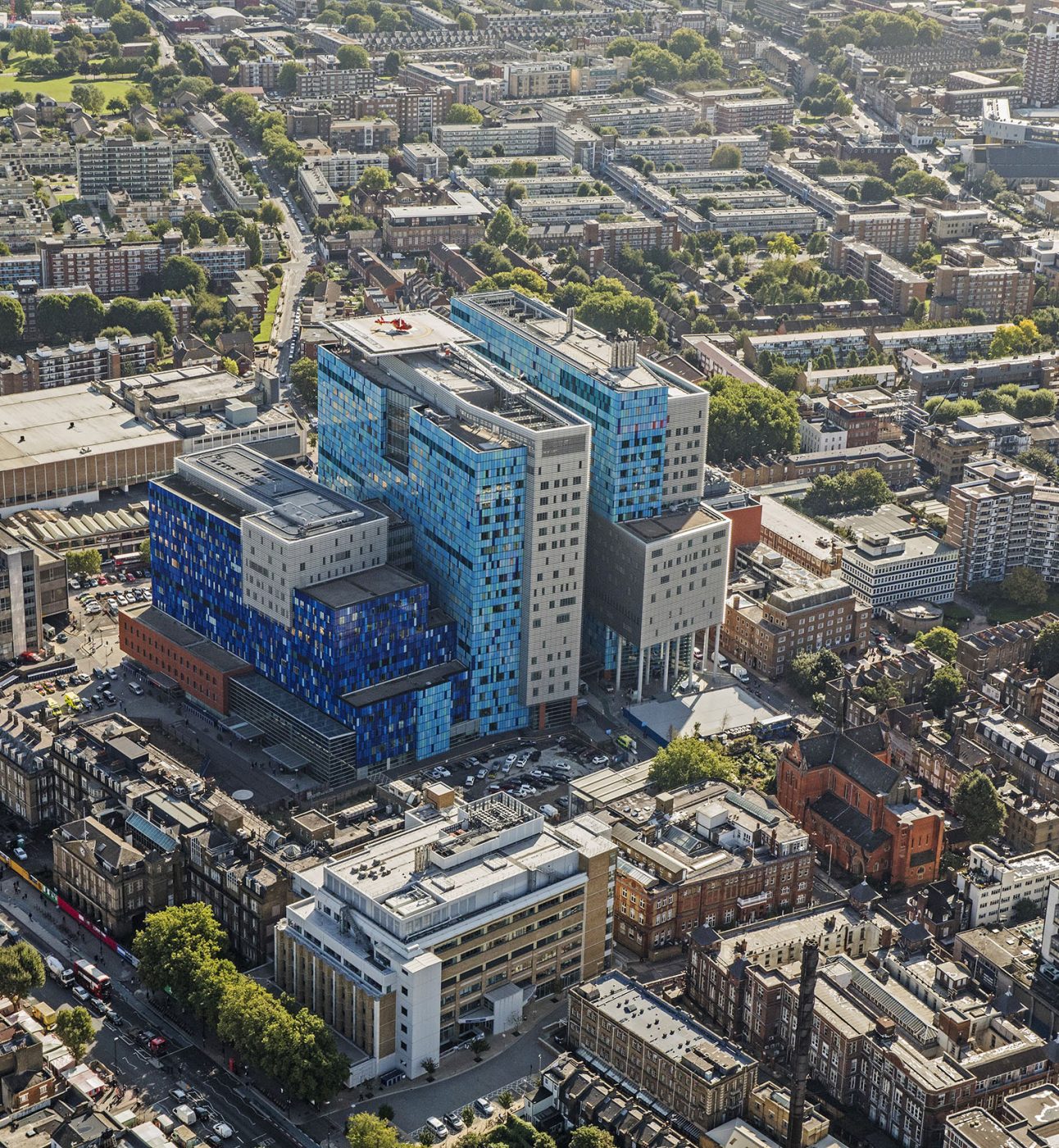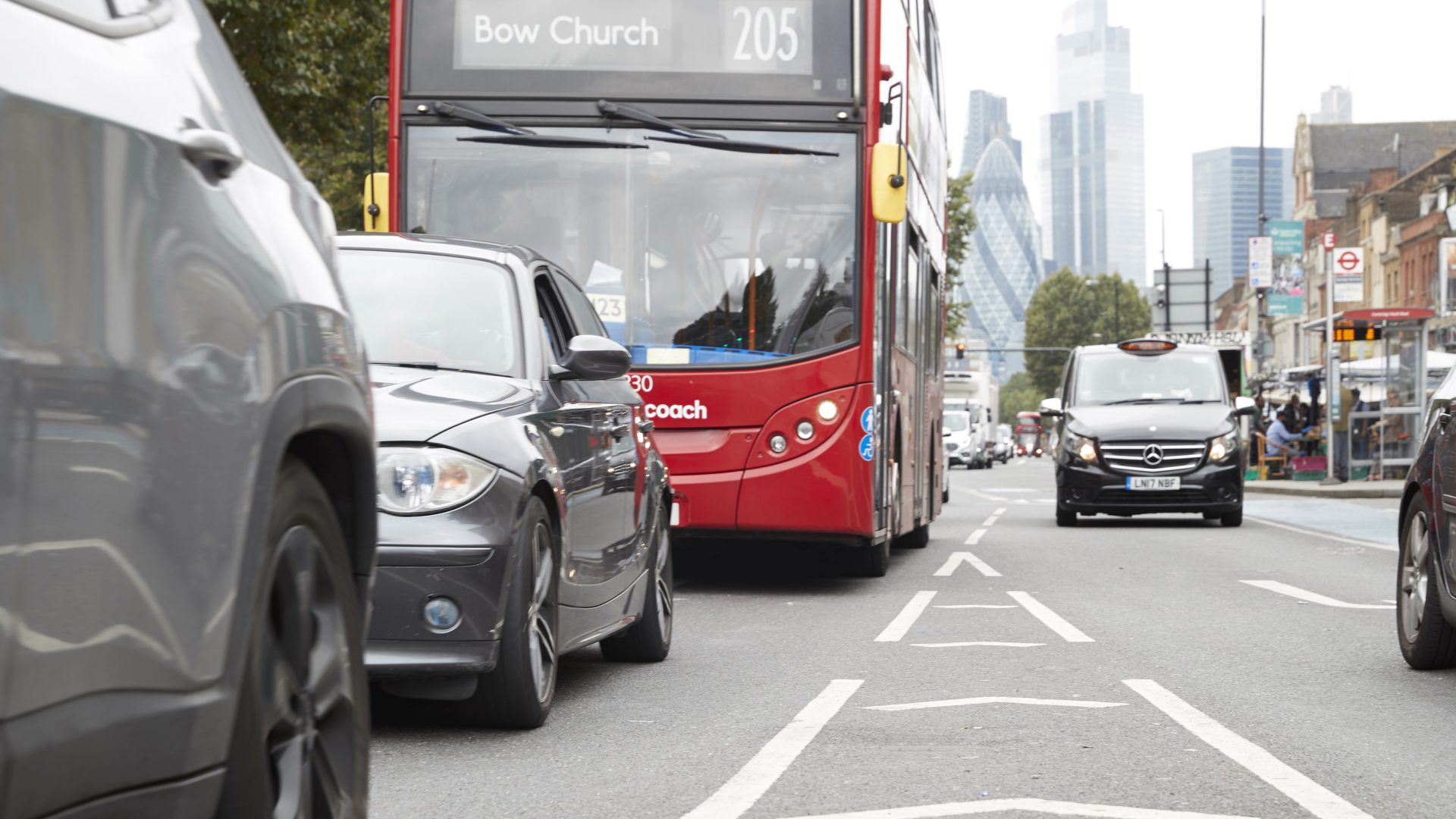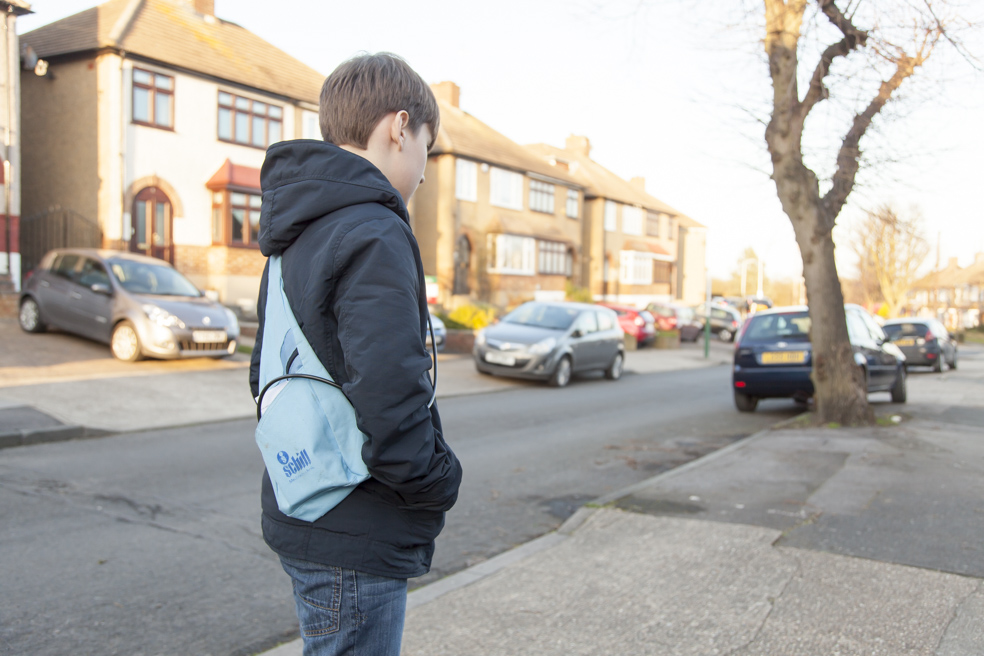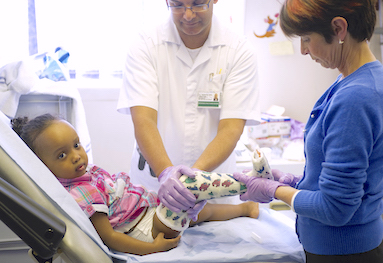
Harnessing the power of NHS patient data
Our £6.7m in funding will allow Barts Life Sciences to use anonymous patient data to improve the prevention, diagnosis and treatment of diseases.

We’ve awarded London researchers a £300,000 grant to study the impact of air pollution on children’s brain function and mental health.
The CHILL COGNITION study will run over a three year period and explore whether reduction in traffic, and better air quality as a result, improves how well children’s brains develop in terms of their problem solving and memory recall abilities.
The researchers will relate these changes in brain development to children’s mental health, and determine whether improving air quality can improve brain development and prevent the onset of mental health problems in primary school children.
The research will build on CHILL, an ongoing study of 3,416 primary school children in London and Luton, which is investigating the effects of air pollution on respiratory health and lung development.

Could air quality affect children's brain development?
Children from 85 primary schools are taking part in the study, including schools from Luton and the London boroughs of Hackney, Tower Hamlets, Southwark, Lambeth, Westminster, Camden, Islington and the City of London.
Over the next three years, the children’s cognitive development will be assessed through fun and interactive tasks on computers, and their wellbeing monitored through mental health questionnaires.
"We hope to determine whether improved air quality, and specifically, traffic-related air pollution, results in better developmental and mental health outcomes for young people."Chris Griffiths, Professor of Primary Care at QMUL
Professor Chris Griffiths, Professor of Primary Care at QMUL and study lead, said: “London’s Ultra Low Emission Zone and UK-wide lockdowns have resulted in unprecedented reductions in traffic pollution and there has never been a better opportunity to address how air pollution affects children’s health. We hope to determine whether improved air quality, and specifically, traffic-related air pollution, results in better developmental and mental health outcomes for young people.
Professor Mark Mon-Williams, Professor of Psychology at the Bradford Institute of Health Research said: “Ultimately this research could help to improve educational outcomes, identify children at risk of future mental health problems due to the air quality where they live, and this could enable earlier intervention and allow public services to provide the necessary support and action.”
Dr Ian Mudway, Senior Lecturer in the MRC Centre for Environment and Health at Imperial College said: “Results of CHILL COGNITION may throw light on causes of health inequalities whereby children from disadvantaged backgrounds may be more adversely affected by poor air quality.”
CHILL and CHILL COGNITION are collaborations across Queen Mary University of London, Imperial College London, University of Bedfordshire, University of Edinburgh, University of Cambridge, University of Leeds, University of Southern California, and Bradford Institute for Health Research.

Our £6.7m in funding will allow Barts Life Sciences to use anonymous patient data to improve the prevention, diagnosis and treatment of diseases.

We've awarded a £1.5 million grant to brain tumour research, helping get closer to a cure by extending successful lab-based research into a clinical setting.

A centre which aims to improve care for people who suffer with bone, joint or muscle conditions has been supported by a Barts Charity grant.